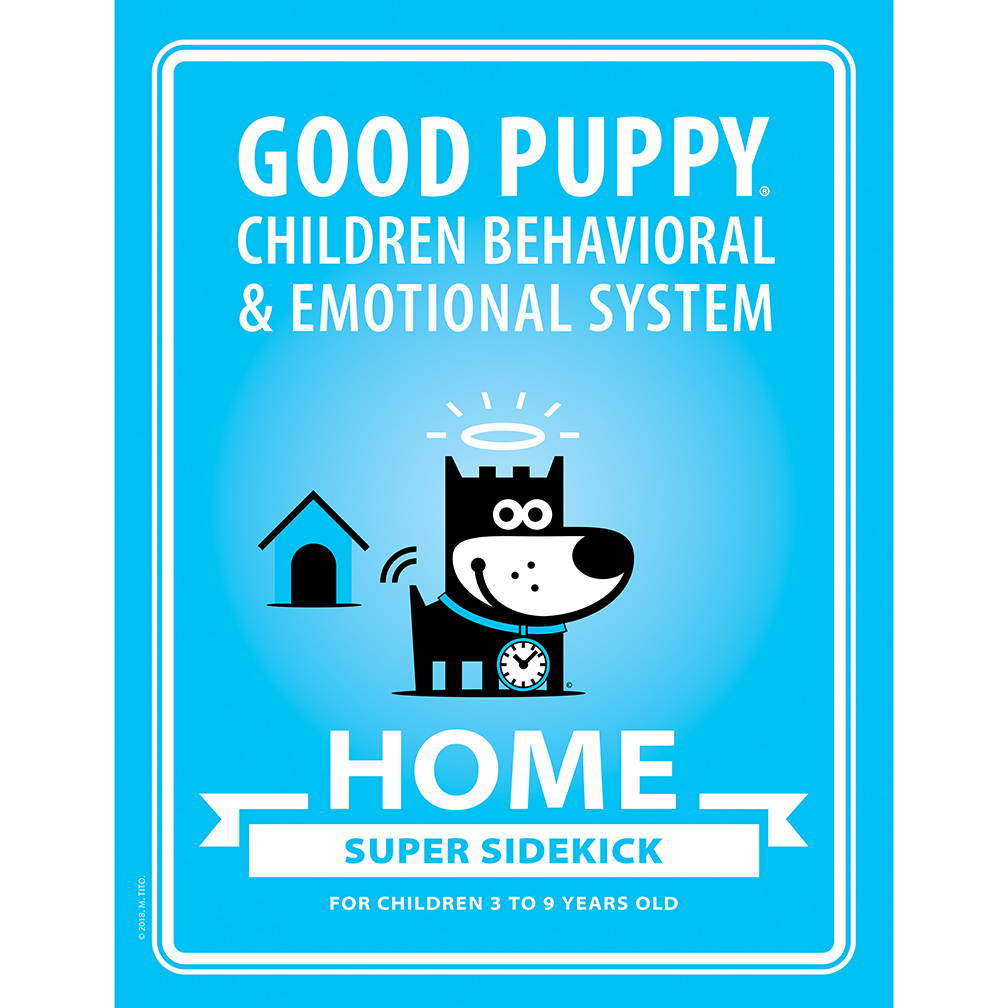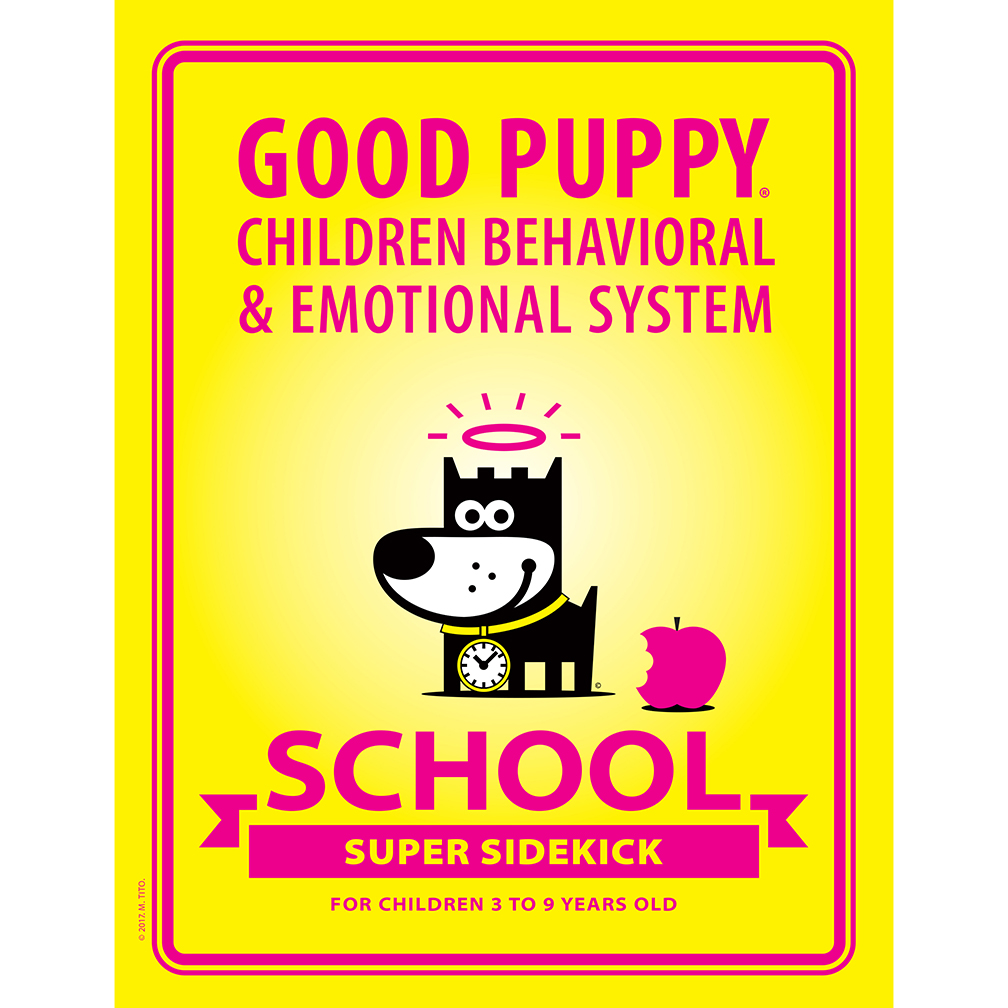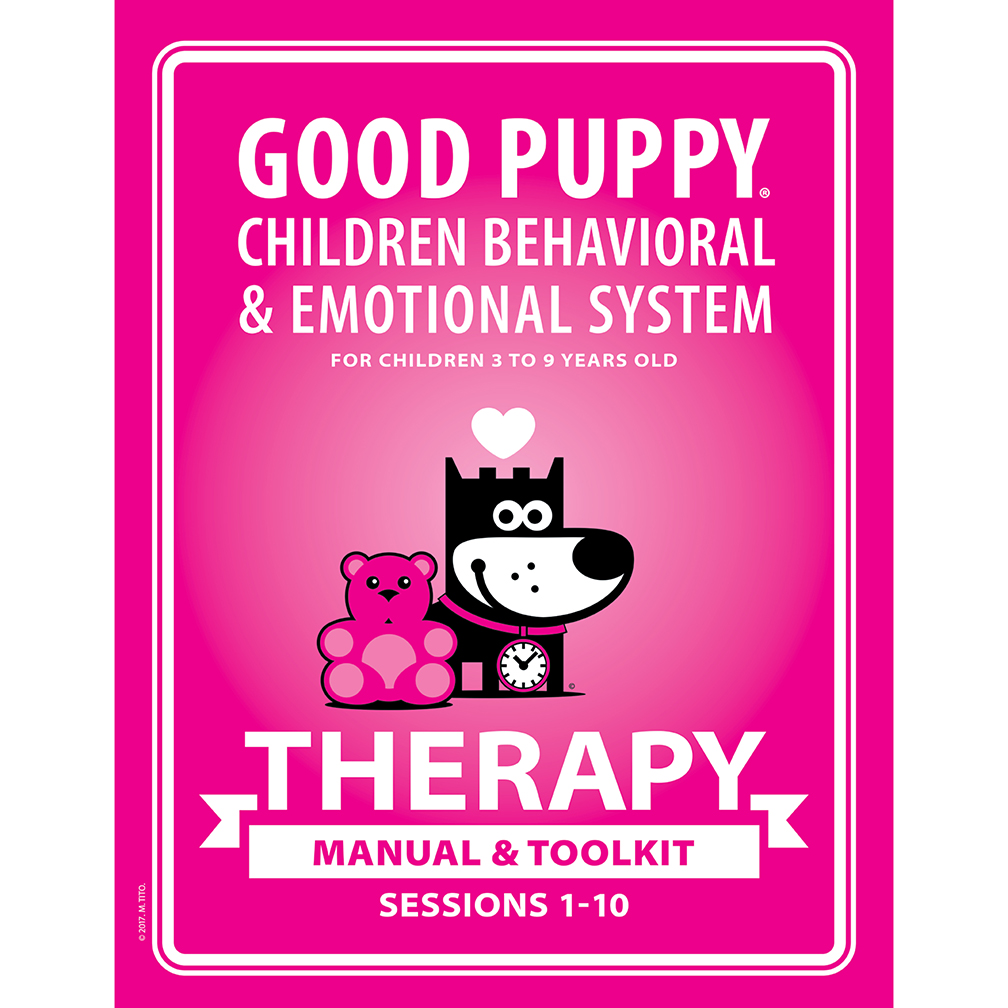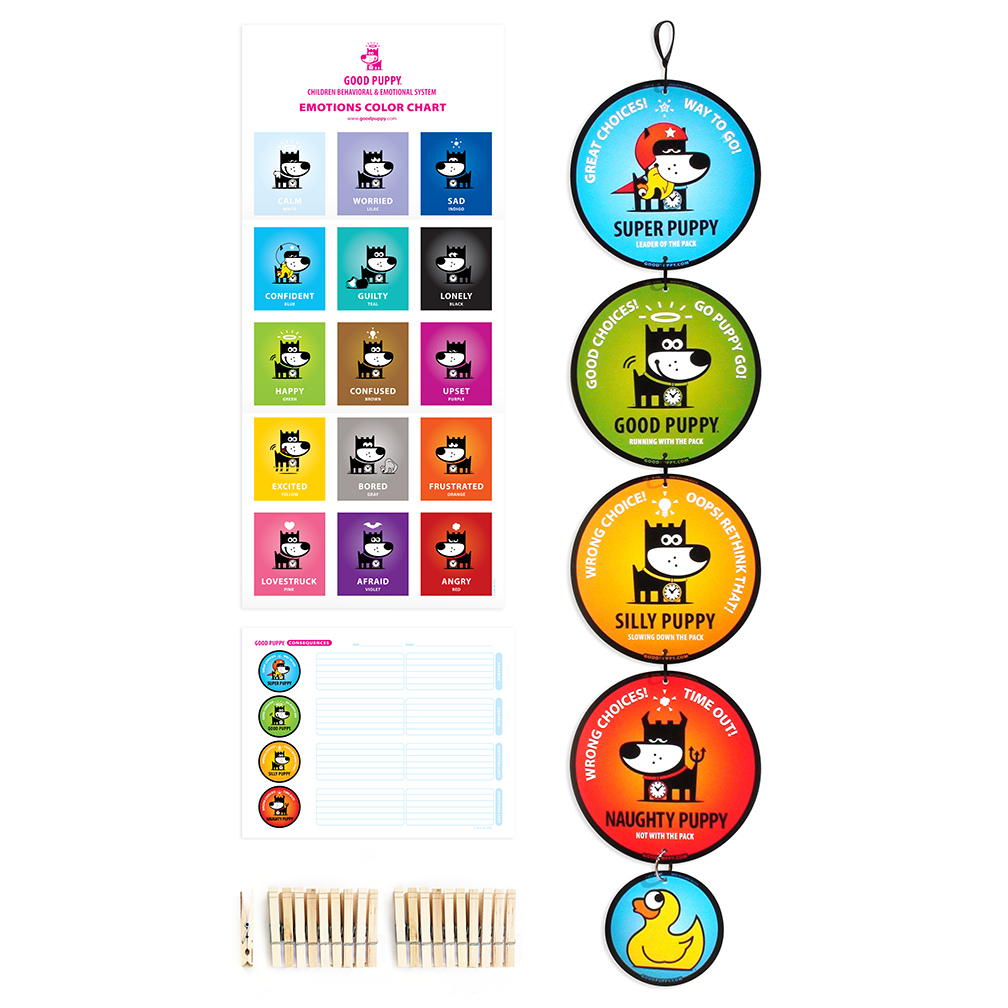Everything we eat affects the chemistry of our bodies. To a certain degree, most of what we eat is toxic. It is how our bodies deal with those toxins, that determines whether we can eat it or not. Some of the effects of those toxins and our bodies’ own reactions to them, can manifest as skin rashes, inflammation, digestion problems or a low immune system, and some can lead to long term health problems.
Some are visible while others not, but all of these symptoms of food intoxication affect mood.
Like trying to smile while wearing really tight shoes, children suffering from the effects of food sensitivities may display a wide array of behaviors. From hyperactivity to irritability or discomfort that lead these children to seek more sedate activities, these behaviors would be relative to the children’s eating patterns, but not always immediate nor obvious.
A recent awareness of the effects of gluten is focusing a bright light on its short and long-term damage. Being linked to a myriad of diseases, from Irritable Bowl Syndrome to Autism, gluten is quickly climbing the charts to become the first toxic you should erase from your family diet.
Since each child has a unique chemistry, consulting a nutritionist is recommended when suspicion of food sensitivities arise. Early determination will help prevent long term damage or suffering.
From
EVERYTHING HAPPENS FOR A REASON
The Little GOOD PUPPY Guide Book for Growing Good Kids
By Gabriel Tito, RMFT & Marina Tito
Learn more about the
GOOD PUPPY Children Behavioral & Emotional System





















What Does It Take To Do A Good Parenting Job?
Just like any job, raising children comes with a list of requirements. These requirements allow for a positive parenting experience, beneficial to everyone. But while anyone may muster up some of these traits, it is mastering them that will turn them into parenting super powers.